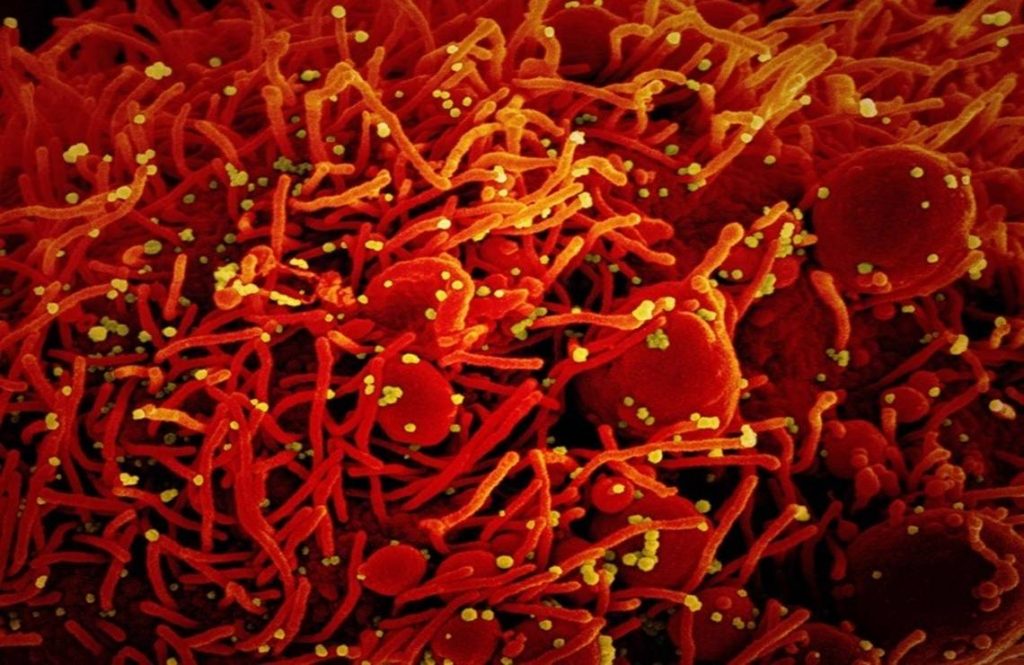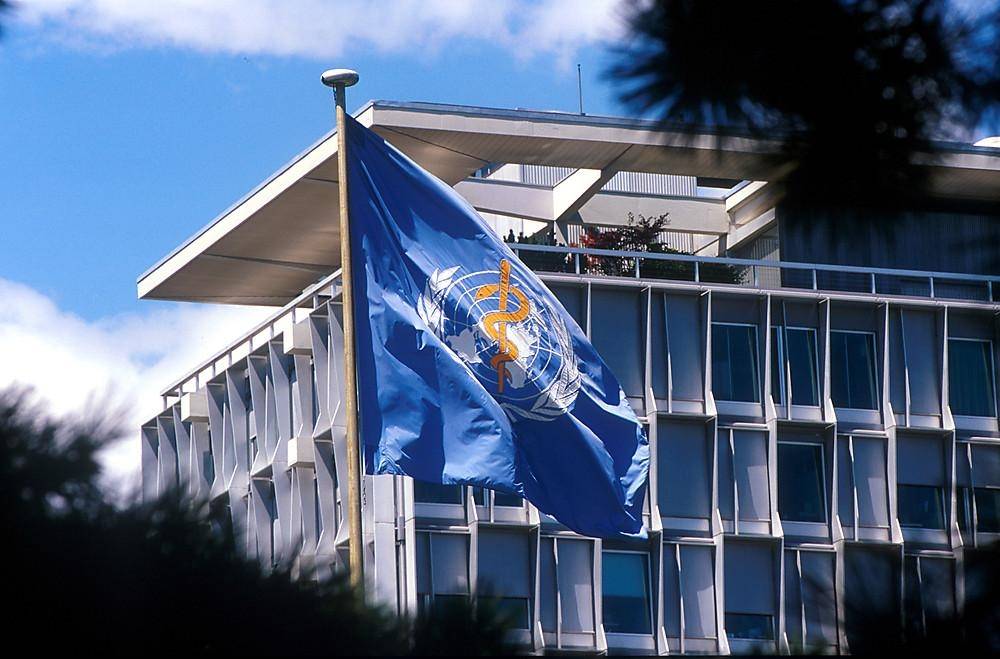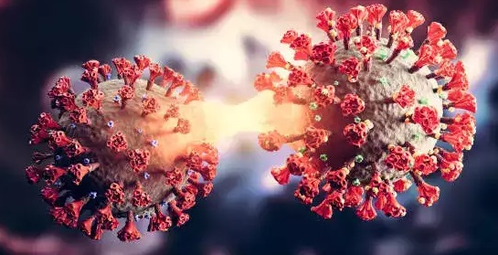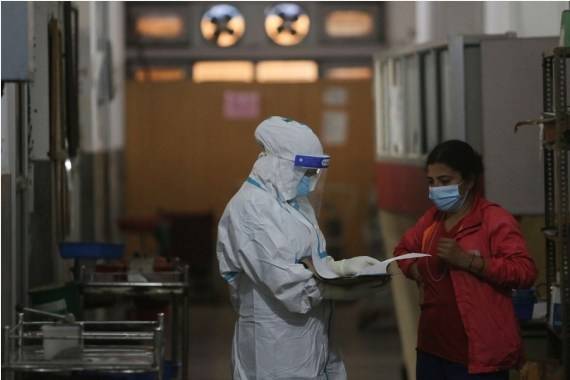WHO confirmed that there is currently no information to suggest that symptoms associated with Omicron are different from those from other variants…reports Asian Lite News
It is not yet clear whether the Omicron Covid-19 variant is more transmissible, or causes more severe disease compared to other variants, including Delta, the World Health Organization (WHO) has said.
It’s not yet clear whether Omicron is more easily spread from person to person compared to other variants, even though the number of people testing positive has risen in South Africa where this variant was involved, the WHO on Sunday added.
It’s also not yet clear whether Omicron causes more severe disease, but preliminary data suggests that there are increasing rates of hospitalisation in South Africa, which however may be due to increasing overall number of people becoming infected, Xinhua news agency reported.
WHO confirmed that there is currently no information to suggest that symptoms associated with Omicron are different from those from other variants, as understanding the level of severity of the Omicron variant will take days to several weeks.
All variants of Covid-19, including the Delta variant that is currently dominant worldwide, can cause severe disease or death, in particular for the most vulnerable people, and thus prevention is always key.
ALSO READ: Global Covid caseload tops 261.46 mn
However, WHO said preliminary evidence suggests there may be an increased risk of reinfection with Omicron but information is limited. More information on this will become available in the coming days and weeks.
It added that current PCR tests continue to detect Omicron while further studies are still going on to understand how the Omicron variant will impact on available vaccines and treatments to Covid-19.

WHO classified on Friday the latest variant B.1.1.529 of SARS-CoV-2 virus, now with the name Omicron, as a “Variant of Concern” (VOC).
According to WHO’s definition, a VOC, with a degree of global public health significance demonstrates one or more of mutational changes such as increase in transmissibility or detrimental change in Covid-19 epidemiology, increase in virulence or change in clinical disease presentation, and decrease in effectiveness of public health and social measures or available diagnostics, vaccines and therapeutics.
WHO has since urged countries to enhance surveillance and sequencing on circulating SARS-CoV-2 variants, submit complete genome sequences and metadata to a publicly available database, and report initial VOC cases or clusters to WHO.
It has also recommended field investigations and laboratory assessments to better understand potential impacts of the VOC on Covid-19 epidemiology, the effectiveness of public health and social measures and antibody neutralisation.
ALSO READ: New Covid rules from Tuesday














